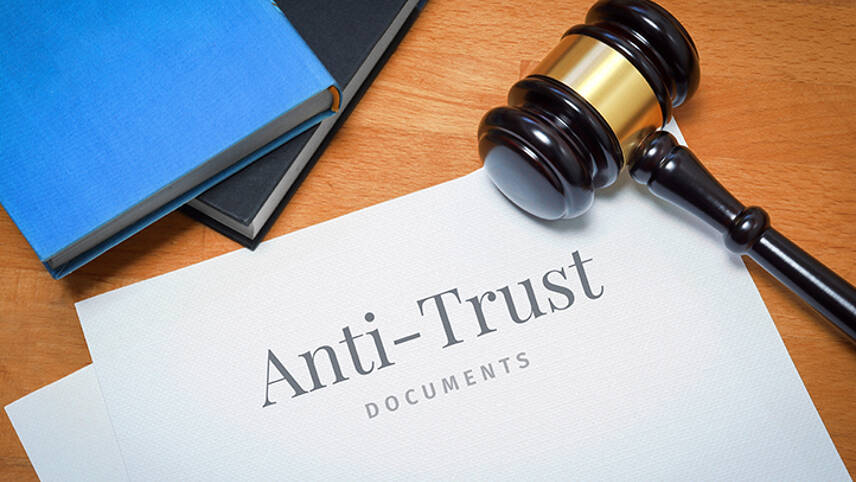Register for free and continue reading
Join our growing army of changemakers and get unlimited access to our premium content

Examples of projects being dropped include low-carbon logistic trials, new green products and sustainable packaging and developing minimum requirement standards for sectors
A new survey of 500 sustainability professionals in the UK, USA, France, Germany and the Netherlands, commissioned by law firm Linklaters, analysed the attitudes of corporate sustainability professionals on collaborating with other firms on ESG initiatives.
The survey found that while 82% of sustainability professionals believe it is important to collaborate on sustainability goals, 60% have paused or canceled initiatives over concerns of breaking competition rules.
Antitrust regulators and antitrust laws – such as those aimed at preventing price fixing in markets – or liabilities are a major concern for companies and currently act as a roadblock to collaboration.
More than half of sustainability professionals, reported that sustainability projects had not been pursued because the perceived legal risk was too high. Additionally, 60% stated that competition laws were a deciding factor in abandoning sustainability initiatives with other firms – up from 48% in 2020.
Linklaters’ global head of antitrust and foreign investment practice, Nicole Kar, said: “Commitment to sustainability objectives continues to be high with 82% of those surveyed recognising the importance of working with peers to pursue sustainability goals.
“Indications suggest following the EU and UK Guidance; over half of those surveyed are prepared to take forward projects previously considered too risky are encouraging. Authorities have opened the door – businesses need to be prepared to step through.”
Ker cites frameworks such as the EU Horizontal Guidelines (HGs) and Competition and Markets Authority (CMA) Green Agreements Guidance as ones that can assist sustainability professionals in successfully collaborating with peers.
However, more than 30% of sustainability professionals are unaware of such guidance and a similar number of respondents still do not understand what is and isn’t permitted.
Examples of projects being dropped include low-carbon logistic trials, new green products and sustainable packaging and developing minimum requirement standards for sectors.
The CMA unveiled its new guidance in October 2023. The Green Agreements Guidance, interprets how existing competition laws should be applied to businesses looking to create joint projects with environmental sustainability outcomes.
Its recommendations apply to groups of firms operating at the same level of the supply chain, participating in so-called ‘horizontal agreements’.
CMA members have been repeatedly told, especially since the UK legislated for net-zero by 2050 back in 2019, that fears of falling foul of competition rules have dampened business appetite for joint projects on green issues. As such, the Authority started consulting on the new Guidance earlier this year.
The CMA will encourage businesses and other bodies to approach its staff for bespoke advice before reaching a green agreement which could potentially breach competition laws.


Please login or Register to leave a comment.